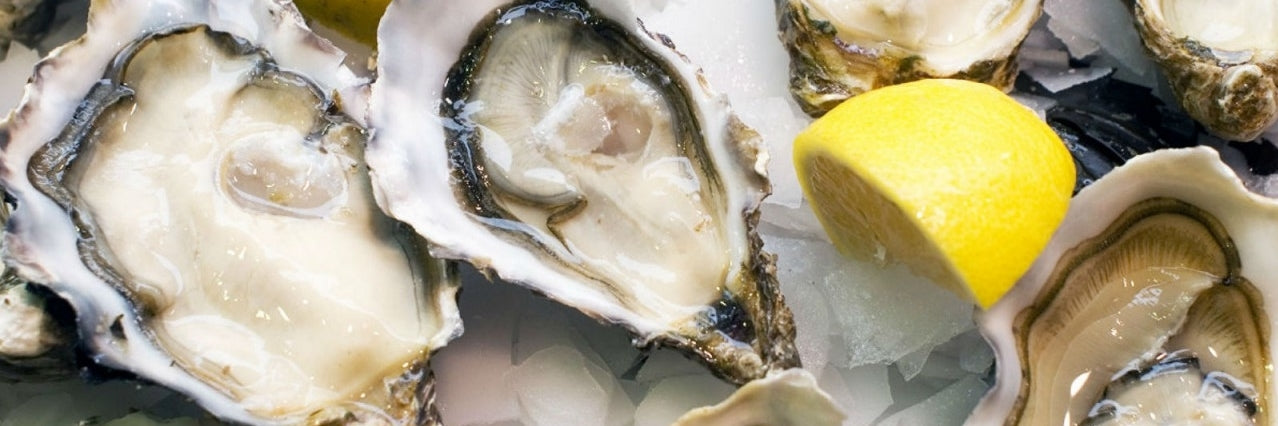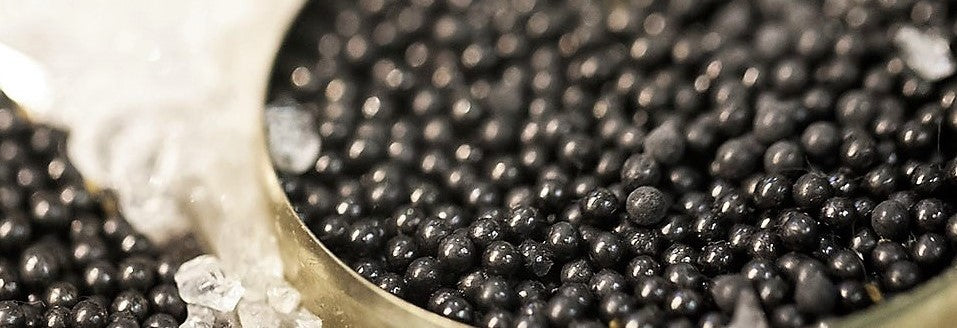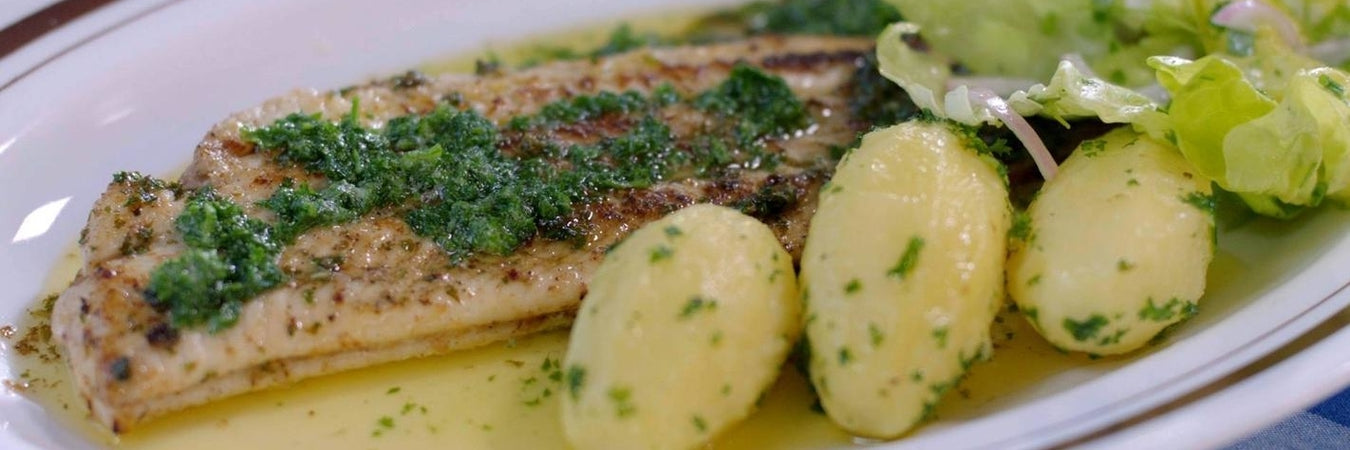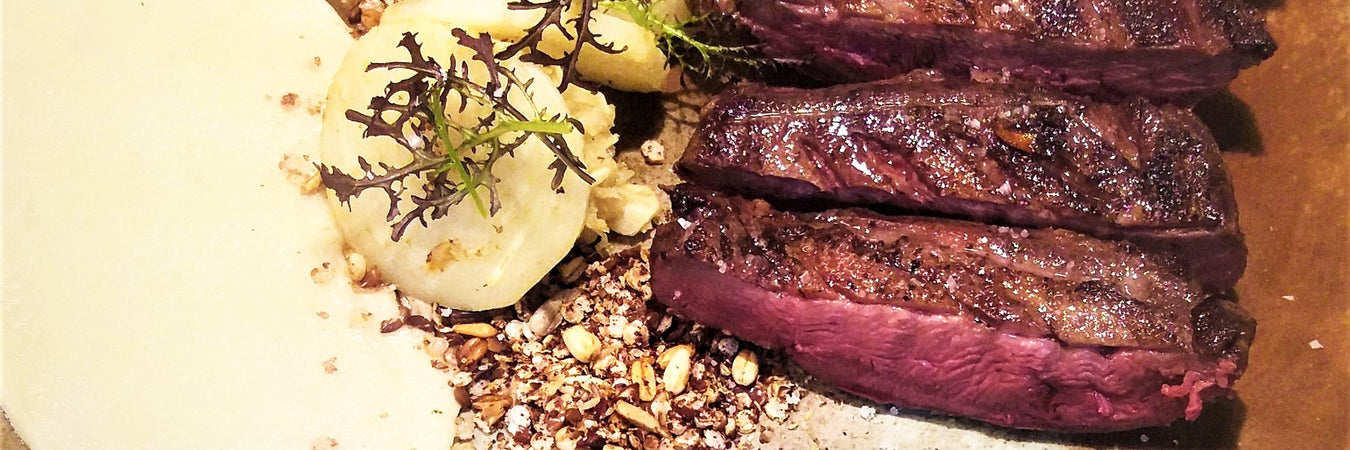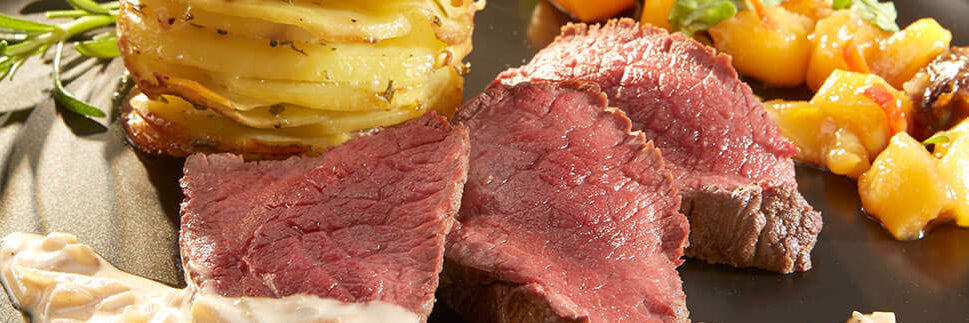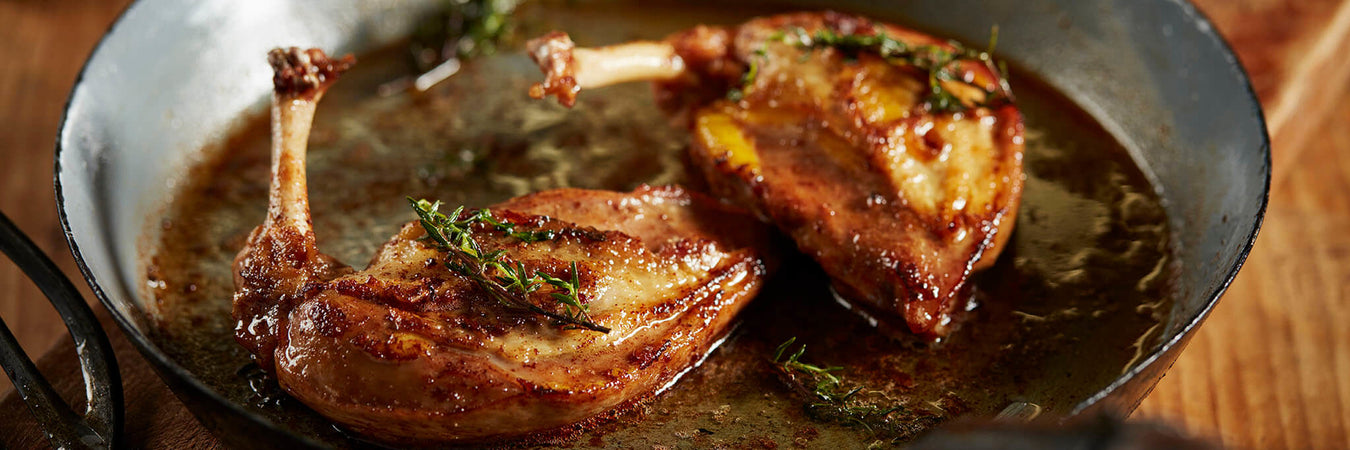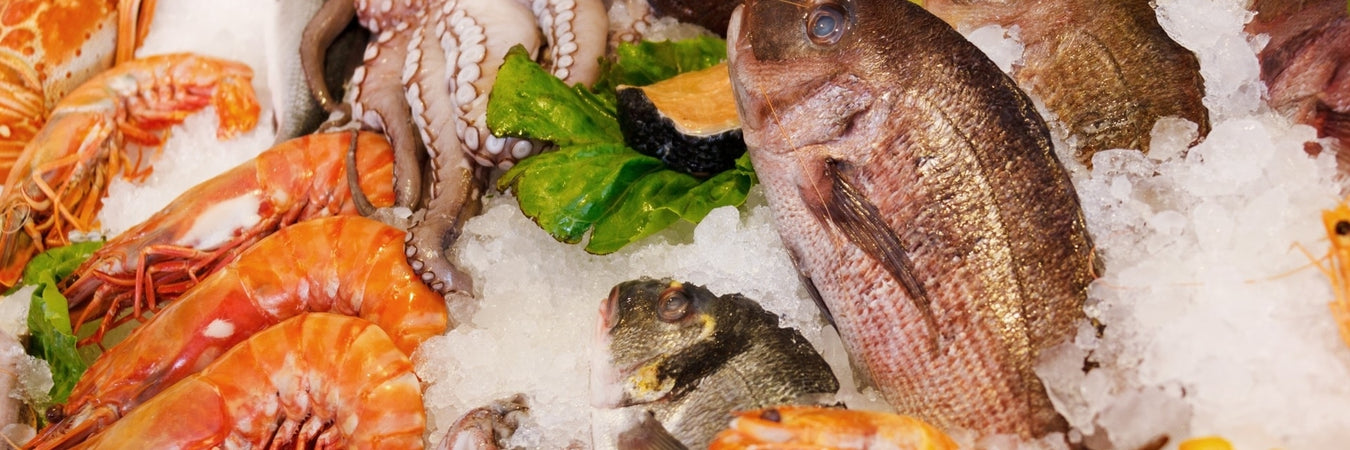The production of the wine or vinification differs slightly from region to region and depending on the wine you want to make: white, red or rosé. The broad outlines are the same for organic and conventional wines. However, the additives and processing aids that are permitted in this process do differ.
Everything starts with the grape harvest. This is done manually or by machine, and very or little choosy. If necessary, the harvest is inspected and purified from unripe or rotten grapes, leaves, twigs. The grapes are crushed and pressed; a certain dose of sulfite (or sulfur dioxide) is added. (more info: see below) The juice (the must) is stored in tanks. There, the fermentation of the juice is initiated, either by the yeast cells naturally present on the grape skins, or by adding a purchased yeast culture ('industry yeast').
When a yeast culture is used, the natural yeast cells are first destroyed by the addition of sulfur. Fermentation converts the sugars in the juice into alcohol. When the juice is naturally low in sugars, the winegrower can add sugars. Conversely, a winegrower can also make the juice less sweet. Both processes are allowed within certain limits which vary according to geographic areas. After a few weeks, the fermentation process is completed. Before bottling, the wine is clarified: any suspended particles are removed. Animal substances can be used for this, such as fish glue, gelatin, milk protein or protein from a chicken egg. Then the wine is stabilized. Depending on the region, bottling is done soon after fermentation or just before the next harvest.


